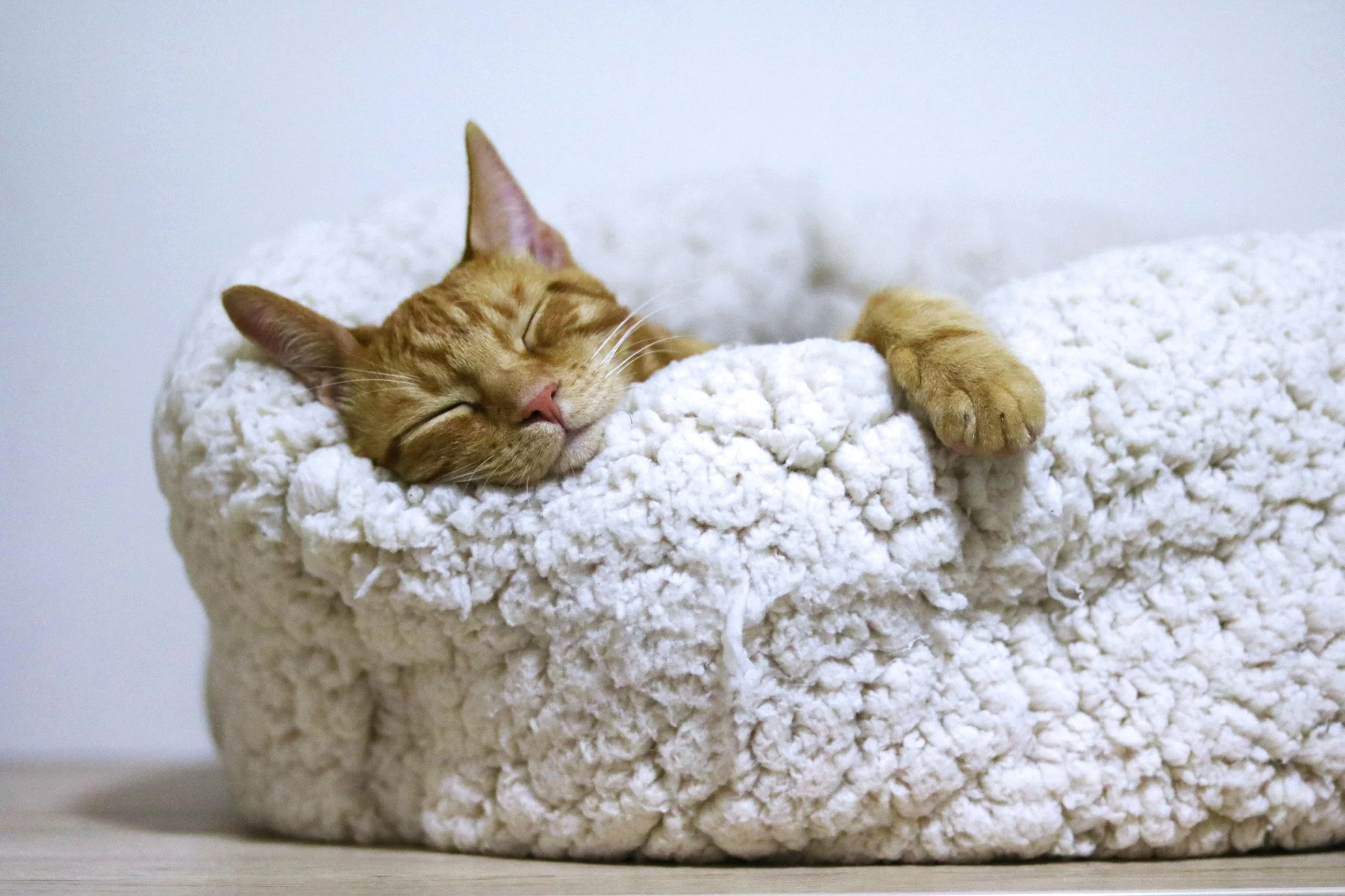Rest
by Cameron Carr
Rest
Rest is a vital part of human life. Rest is not just sleep, but anytime that the body and mind are allowed to just be. There are a wide range of health benefits that the human body needs from rest. It helps our digestion, repairs our muscles, helps move nutrients from food to the rest of the body, and helps improve memory when we sleep. Rest helps our bodies and minds recover from the day. Quality rest also allows us to handle our emotions and feelings better.
So why are we so resistant to letting ourselves rest? We live in a culture that makes us feel like we have to be doing something productive every hour that we are awake, and sometimes purposefully cut into our resting time to continue to work. We are expected to be busy little worker bees all the live long day. The problem with that is we’re not bees. Human beings are large mammals with complex interconnected internal systems that help our bodies function. We need more energy to survive than bees do. We need more maintenance to keep ourselves healthy than bees do. We’re closer to bears and large cats than we are to insects. Bears hibernate for months at a time to conserve energy. Large cats are often seen resting for most of the day.
There’s often this internal sense of shame that comes with resting. Whether it was first told to us by our parents, a coworker, a manager, or a teacher, we are actively discouraged from doing nothing, which is ironic because our bodies and minds need time to do nothing to continue to work as best they can.
Resting is not inherently lazy. Resting does not mean that you are weak or not strong enough. Rest is essential; it is a requirement for living.
If you would like some support in destigmatizing rest, reprioritizing rest, or simply want to get some rest in a safe space, please reach out.

